Sudan slams Ethiopia's launching of electricity production at controversial dam
Sudan has lashed out at Ethiopia over launching a massive hydropower plant at a controversial dam on the Blue Nile without the agreement of downstream nations, namely Sudan and Egypt.
Ethiopia officially began producing electricity for the first time from its Grand Ethiopian Renaissance Dam (GERD) on Sunday.
The project has been at the center of a regional dispute between the three African governments ever since Ethiopia broke ground there in 2011.
Sudan on Monday "emphasized its rejection of all unilateral measures with regard to filling and operation" of the power generation, according to the spokesman for Sudan's negotiating team, Omar Kamel. He said Ethiopia's "unilateral move" was a "fundamental breach" of its commitments under international law.
The three governments held several rounds of talks over the project but failed to reach agreement on its operation.
Egypt has also sharply criticized Ethiopia for starting up the turbines on Sunday, accusing Addis Ababa of "persisting in its violations" of a preliminary deal signed between the three nations in 2015. Under the deal, the parties are prohibited from taking unilateral actions in the use of the river's water.
Sudan and Egypt had also pushed for an agreement on the filling of the dam's reservoir, but Ethiopia went ahead without one in 2020.
Addis Ababa regards the dam project as essential to the development of Ethiopia, Africa's second-most populous country. But Egypt, which depends on the Nile for about 97 percent of its irrigation and drinking water, considers the dam an existential threat.
The $4.2bn project — which will be Africa's largest when complete — is ultimately expected to produce more than 5,000 megawatts of electricity, more than doubling Ethiopia's electricity output.
VIDEO | Former FBI agent criticizes US Congress for 'outright corruption'
IRGC chief urges Muslim countries to cut aid routes to Israel
'New chapter in cooperation': Iran, Venezuela sign new MoUs
Jordan sentences former lawmaker for supporting Palestinian resistance
Basij volunteer forces hold massive drills in southwestern Iran
Israeli war criminals 'not welcome', US city says after ICC ruling
US vetoing of Gaza ceasefire resolution ‘disgraceful’: Iran’s UN envoy
VIDEO | IAEA adopts anti-Iran resolution tabled by E3


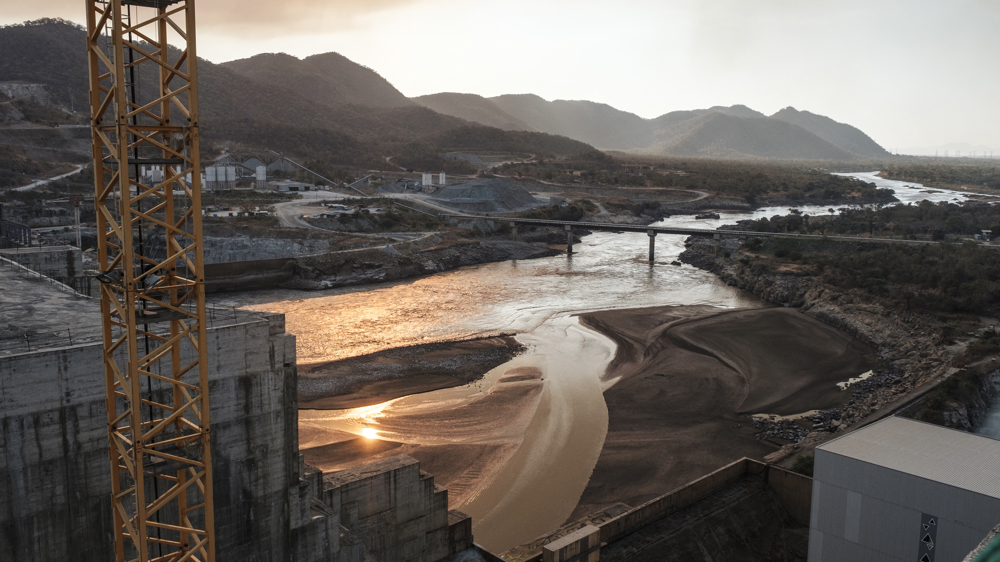
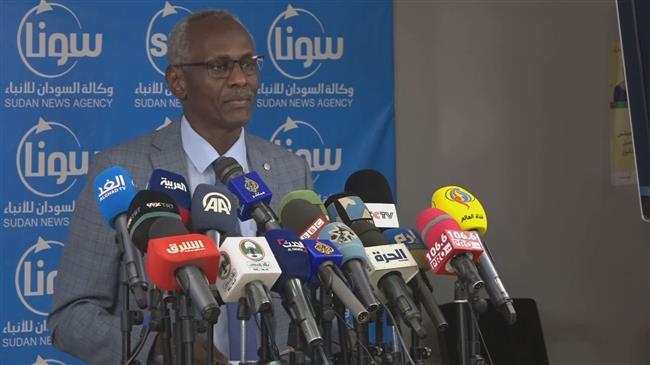
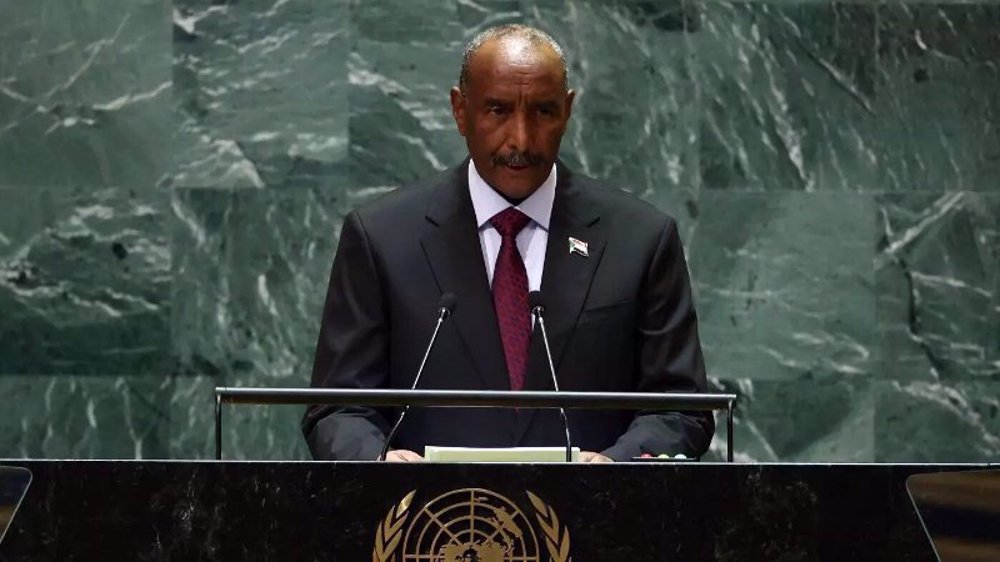
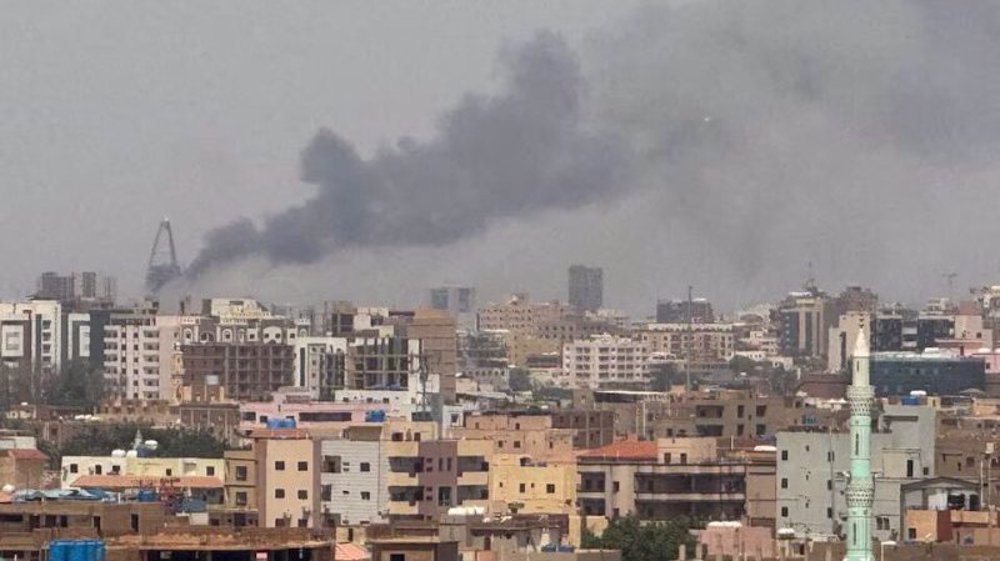
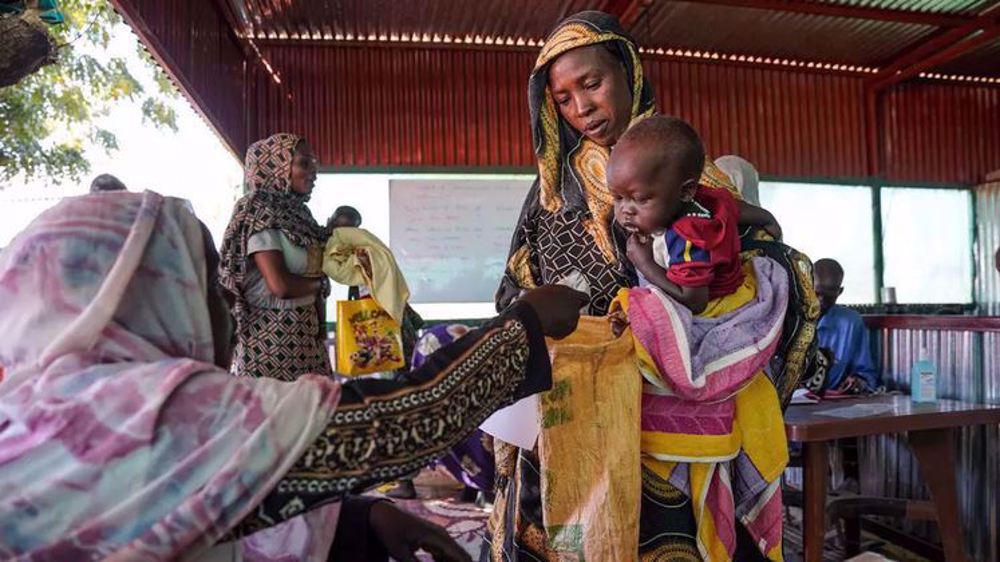




 This makes it easy to access the Press TV website
This makes it easy to access the Press TV website